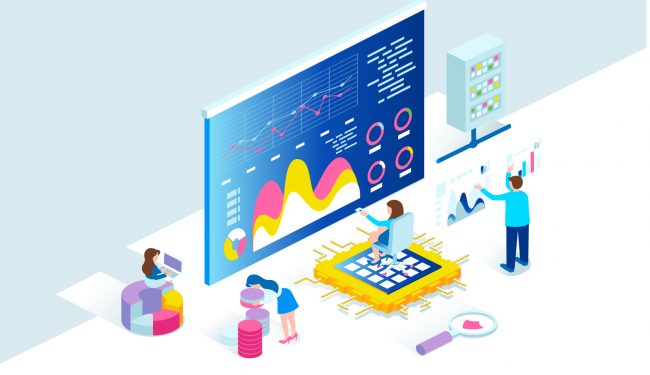Challenge
Transparent governance and transparent public procurement are crucial for preventing corruption, improving democracy and enhancing welfare. Despite its importance and many attempts to reform the procurement legislation and improve the practices, achieving complete transparency in public procurements is still a challenge.
The role of the civil society in monitoring procurement is essential, in order to evaluate performance and identify the risks in state budget spending. Hence, it’s almost impossible to manually track and monitor thousands of contracting processes. Accessible open data makes the task manageable when used for automatic tools designed to analyze and detect the cases that require further human investigation.
Besides data availability, the quality of collected data for analysis is another challenge, because inaccurate data generate irrelevant estimations. Even though not all the procurement processes are being digitized and not all the required data is available, it is important to commence the implementation of public procurement monitoring tools, so to identify the needs and increase awareness regarding the significance of open data.
Strategy and Solution
In Moldova, the Ministry of Finance committed to increasing public procurement transparency in its 2016-2018 Open Government Partnership Action Plan, pledging to develop and implement a new e-procurement system, based on the Open Contracting Data Standard (OCDS).
In October 2018 the adjustments of the public procurement legislation enforced the use of electronic procurements system MTender – which enables open access to public procurement information.
During ”Public money is my money too” project, financed by National Endowment for Democracy, the Association for Efficient and Responsible Governance (AGER) in collaboration with Esempla Systems developed a scoring application for the public procurement monitoring platform www.revizia.md
Revizia.md scoring application aims to enhance the transparency of public procurement in Moldova. The application automatically processes procurement procedures data from MTender, contracting data from Public Procurement Agency register and complaints data from National Complaint Settlement Agency registers, thus identifying potential risks at different stages of the procurement process through special algorithms (ex: evaluating the number of clarifications questions, number of bids, submitted complaints, etc.). Based on the mapped risks indicators the procedures and the contracting authorities receive scores to estimate the risk level (low, medium or high).
Transformation
The main scope of the project was to create a tool supporting the civil society to monitor public budget spending and fight against corruption, identifying potential risks in the procurement praxis. Although risky does not always mean corrupt, flagged procedures are worth additional review in order to minimize the risk of various economic misconducts in public procurement.



